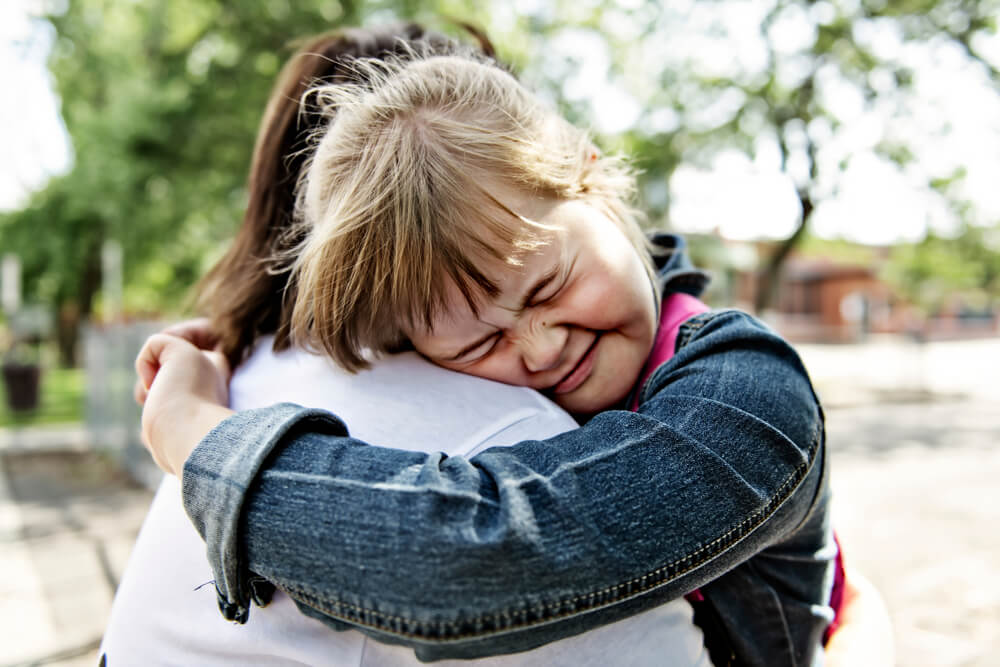The birth of a child with a certain type of disability is a great impact for any family, it is always something unexpected, often perceived as strange and rare, that breaks with all the expectations of the desired child. As the child grows, different resources and different types of support are needed.
In most cases, however, families are not prepared to face all the consequences of having a child with special needs, one of those needs is communication, especially when we have to give them bad news.
- Every parent who has a child with an intellectual disability has been asking a question since the day he discovered his children’s condition: what will happen to them when I am no longer here?.
Most authors agree that the grieving process goes through different phases or stages. The pain of people with intellectual disabilities follows this same pattern. These phases range from initial impact to final recovery or until the problem becomes chronic. Therefore, we can organize the evolution in these 4 phases below:
As for the types of bereavement, we can distinguish two fundamental ways of reacting to a situation of loss: normal and pathological, which will distinguish these two basic types will be the intensity and duration of symptoms, as well as the degree to which the person’s daily life is affected.
Normal grief ends when the person reaches the last stage of the process, having gone through all the previous phases, so that he can regain emotional stability, allowing us to regain hope and face problems, on the contrary, pathological mourning can occur in two ways:
Some general behavioral criteria can help guide and channel expressions of sadness and despair that often accompany grieving responses, although we always had to take into account each person’s personality characteristics and degree of intellectual disability, these criteria will always be important.
Once a loss has occurred, to avoid reactive behavior, follow these steps:
Certainly, one of the biggest concerns of families of people with intellectual disabilities is what will happen when they die, who will take care of their child, whether they will be treated well, whether they will be alone, etc. It is true that these are questions that no one can answer, because the future is always uncertain.
However, we can anticipate some important decisions, so that other people do not make them differently or contrary to what we would like, this can make it difficult because it is a moment of mourning, a little less traumatic.

